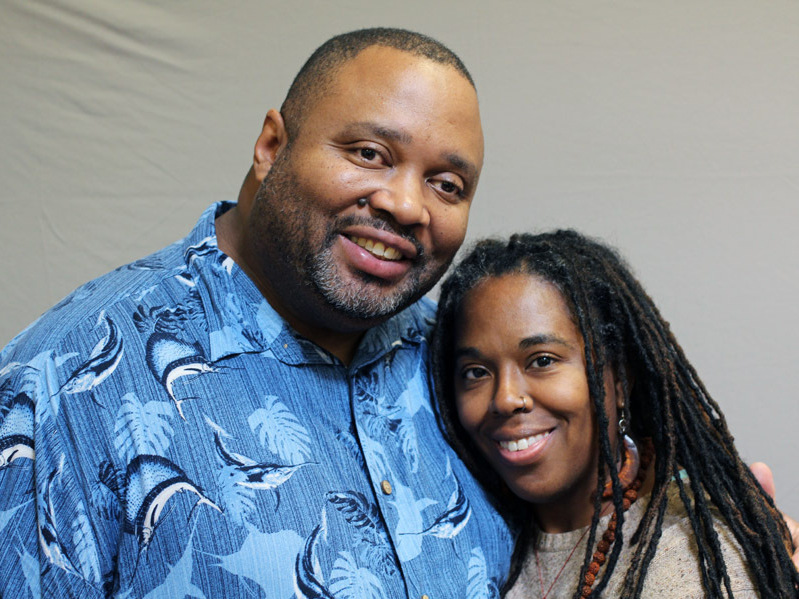Written by Denise Miller, Firesteel Advocacy Coordinator
The Gilliards never thought they’d experience homelessness. Then the Great Recession hit, and their small business struggled. Drowning in debt, they eventually lost their home and moved their family of five into a shelter.
Their moving story, recorded as part of the StoryCorps “Finding Our Way” project, aired on NPR’s Morning Edition the day after Thanksgiving. Listen to the clip here:
Stories like the Gilliards’ are all too common in our state. During the 2013 Point In Time Count, more than 7,000 people belonging to families with children in Washington state were counted living in emergency shelters, transitional housing, or unsheltered on a cold January night.
Many more children experience homelessness in a different way: Their families stay in motels until the money runs out, or double up with friends and relatives.
More than 60,000 Washington children experienced homelessness in 2013, according to the National Center on Family Homelessness. Their recently released “America’s Youngest Outcasts” report documents the number of homeless children in every state, their well-being, their risk for child homelessness, and state level planning and policy efforts. The infographic below shares how homelessness affects kids in Washington, and ranks our state’s planning efforts relative to other states and the District of Columbia.

Ranked 20th in the country, Washington is better than average. We can do much more, though.
We know the top causes of childhood homelessness: poverty, the lack of affordable housing, and continuing effects of the Great Recession. We also know the top solution: expanding the supply of safe, affordable housing.
The Housing Trust Fund is our state’s number one tool for creating safe, affordable housing. Yet in 2014, our state legislature invested zero dollars in the fund. If we are going to come closer to our goal of ensuring that experiences of homelessness are rare, brief, and not repeated, our state will need to invest in affordable housing in 2015.
The Gilliards and every other family in Washington deserve the opportunity to live in a safe, healthy, affordable home. We’re going to need your advocacy to make it happen. Stay tuned to Firesteel throughout the legislative session, Jan. 12 to April 27, for actions you can take. The easiest way to stay in the loop is subscribing to this blog; enter your email address in the form below, and prepare to advocate!

Pingback: PWPP (People's World Peace Project) | Better Data to Reduce Homelessness()
Pingback: How better data can reduce homelessness | netgueko()
Pingback: Trauma-Informed Care, StoryCorps, and Host Homes for Youth: Some Highlights From WLIHA’s Conference on Ending Homelessness | Seattle University Project on Family Homelessness()